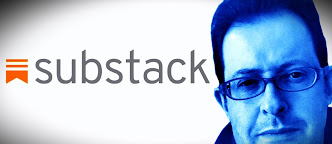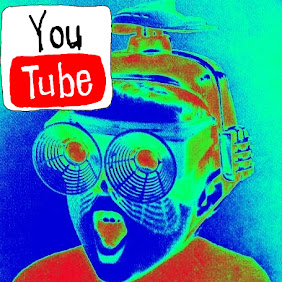The techno-shy Canadians breathe new life into electronica's grooves
Brian Borcherdt has no regrets about choosing the moniker Holy Fuck for his four-piece, low-tech, post-electronica band, which is scheduled to tour Japan in February as support for English dance punkers Foals.
"We just thought the name was funny," the multi-instrumentalist tells Metropolis by telephone from the UK, where the group is touring to promote its latest album, Latin. "I thought it was something that people say every day, and they pretty much mean something exciting and positive. We weren't really planning on taking over the world, so we thought — at least on a local level in Toronto — that it was the sort of name that our friends, who would be at our shows, would get a kick out of."
As Borcherdt's words suggest, Holy Fuck has started to outgrow its original brief, becoming busier and more widely known than intended. Instead of being an in-joke, the group's name has now become an awkward item for the mainstream media, as well as an attention-grabbing calling card to lure new listeners.
Sometimes described as experimental rock, Holy Fuck's music reinvents electronica by reintroducing the element of difficulty that technology has gradually leeched away. Instead of relying on laptops, sequencers, programmed tracks and all the other trickery that has become commonplace, HF tries to achieve the same electro sounds through manually operating a wide variety of instruments and other objects, producing electronica that sounds remarkably organic and human.
Does this mean the music is better or more soulful?
"I don't think it's any better necessarily, but it's different," Borcherdt humbly responds. "I think it provokes a different type of music or a different sound, and that's what we found interesting. That's all we're trying to do: we're trying to do something that's a little bit different by having all these difficulties with equipment. I think there's something eternal and exciting about music when it kind of sounds out of phase."
If Latin is anything to go by, this lo-fi approach can achieve impressive results. Packed with intense and quirky instrumental tracks that gurgle and fizz with fascinatingly textured sounds, the album has all the verve and sweep of electronica but little of its machine feel. Particular stand-outs include the tracks Latin America, Stay Lit, SHT MTN, and P.I.G.S.
"The names come from how it sounded, or maybe the city we were in, or the thing we did in soundcheck at such and such a place," Borcherdt explains. "We try not to overthink and place too much visual imagery on songs, because it is instrumental music and that can really taint it or color it so much.
"With SHT MTN, the name came about because I had a band for a split-second with Sebastien Grainger of Death From Above 1979, and we were called Shit Mountain. We did a couple of shows in Toronto and they were really noisy with a lot of feedback, and I wired my mixer up a certain way to make it feed back. Then later with Holy Fuck, when we were making the new record I wired up my mixer the same way and we did one song that had a similar kind of shrieking noise throughout, so we called it SHT MTN."
Although Borcherdt is perhaps the most important creative force in the band, he is quick to point out that HF—Graham Walsh on keyboards and effects, Matt McQuaid on bass and Matt Schulz on drums—is very much a collective, with no room for egos. Intriguingly, he also has a solo career outside the band, singing ballads with an acoustic guitar.
"I wouldn't want to start introducing my solo, emotive music into Holy Fuck and expect everybody to follow it and start taking cues from me," he says. "Keeping them apart is important."
Colin Liddell
Metropolis
27 January, 2011
27 January, 2011































No comments:
Post a Comment